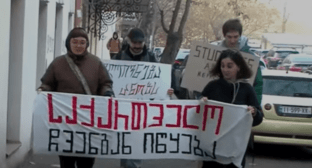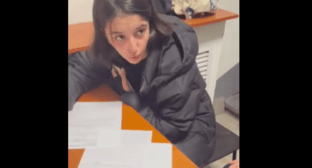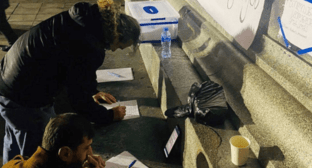25 June 2007, 12:26
Minasyan: Georgia blocks Armenia's social and economic programs in Dzhavakh
The Armenian population of Samtskhe-Dzhavakhetia is convinced that social and economic problems of the region stem basically from discriminative policy of Georgian authorities.
Sergey Minasyan, deputy director of the Caucasian Mass Media Institute, told about it in his interview to the "Caucasian Knot" correspondent, while making comments on the situation in the Georgian Samtskhe-Dzhavakhetia (Armenian name - Dzhavakh) province populated by Armenians.
The expert has noted that in relation to Armenians, who make the majority of population of this Georgian Province, the policy of cadre discrimination is used, and that "in the region, Georgian dwelling settlements and NGOs are allotted more funds than similar Armenian villages and NGOs."
According to his story, the authorities of Georgia explain the appointment of ethnic Georgians to all more or less significant administrative posts in Samtskhe-Dzhavakhetia by the fact that Armenians do not know the Georgian language.
The expert has reminded that according to the European Conventions on protection of the rights of national minorities and regional languages, signed by the government of Georgia, this country has undertaken the correspondent obligations before the Council of Europe, which, however, it fails to observe. "All over Europe, it is a well-known practice, but in Samtskhe-Dzhavakhetia, where ethnic Armenians make not 20, but 95 percent of the population, Georgians would not introduce Armenian as the second language for domestic office management and paperwork," S. Minasyan has stated.
Author: Ashot Ter-Grigorian, CK correspondent




